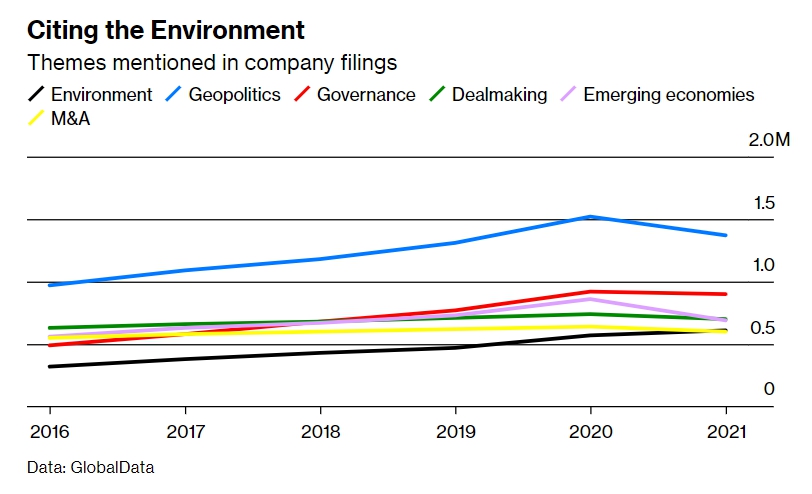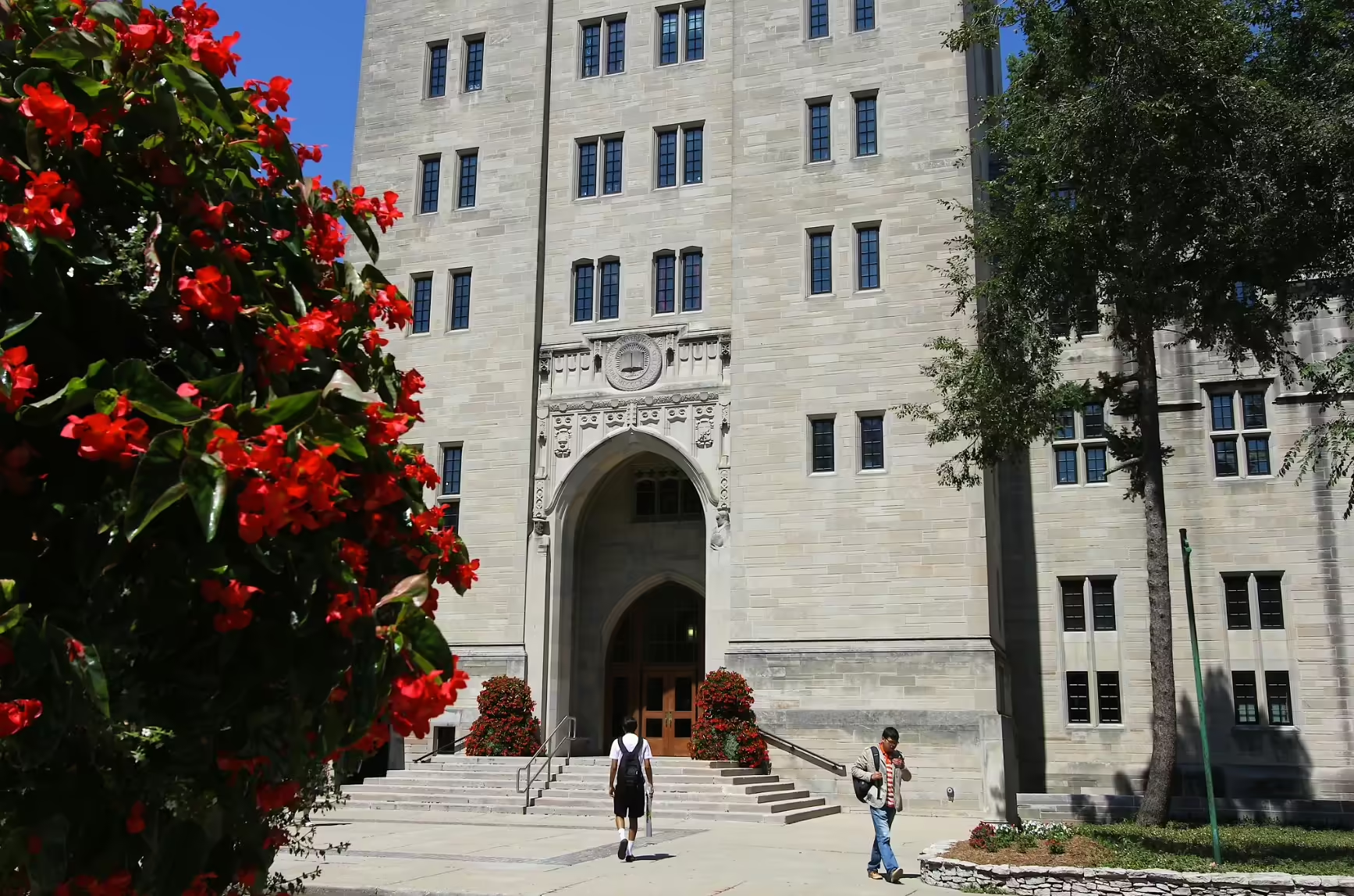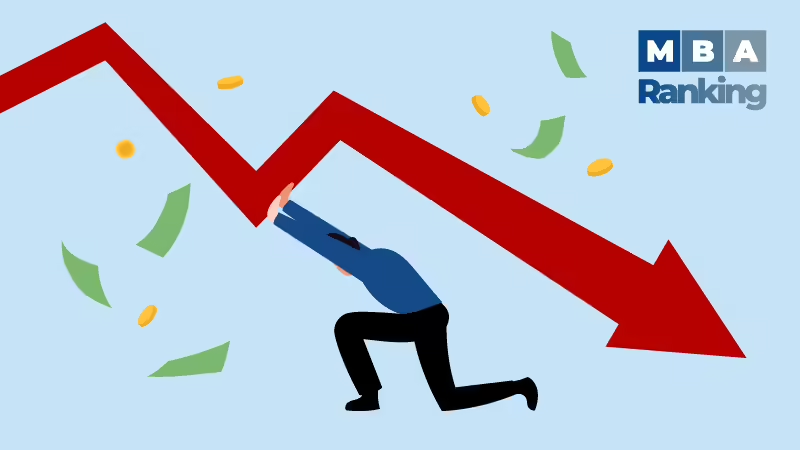mit_Integrating Discussion on Climate Change Into Business School Curriculums
With sea levels rising, longer and more extreme droughts, and stronger tropical storms, the global community is feeling the effects of climate change stronger every year. According to many scientists, we may still have the window of opportunity to save our planet from reaching the irreversible level of carbon dioxide (CO2) concentration, if and only if we can reach net zero emission by 2050.
However, the United Nations warns that current commitments and efforts made by governments are nowhere close to meeting the minimum to achieve the goal. Rather, the organization predicts that global greenhouse gas emissions would increase by almost 14 percent by 2030 from 2010 levels, considering national climate plans to date.
Setting aside how much they are responsible for the current highest level of CO2 or their true motive behind what appears to be philanthropic, some billionaires have donated a vast amount of money to climate causes. To name a few, Jeff Bezos donated the largest amount with $2 billion for conservation efforts, Jeremy Grantham pledged $1 billion to reverse climate change, and the Resnick Family pledge $750 million to support environmental sustainability research.
Then there is John Doerr, an American venture capitalist, who donated $1.1 billion to establish a School of Sustainability at Stanford University, focusing on the educational part to combat climate change. Although the new school will focus on interdisciplinary scholarship introducing departments for Climate Science, Food and Water Security, and Human Health and the Environment, the business aspect seems to have been omitted.
That does not imply that business is irrelevant to fighting climate change, nor does it mean that business schools are uninterested in the urgent global issue. For instance, Business Schools for Climate Leadership (BS4CL) was launched last year at COP26 by eight European business schools, building a partnership to have their students better prepared and adapted to climate causes.

The eight schools are Cambridge Judge Business School, HEC Paris, IE Business School, IESE Business School, the International Institute for Management Development (IMD), INSEAD, London Business School, and Oxford Saïd Business School. Among other objectives, they aim to collaborate across sectors to identify market trends and the best business practices for combating climate change and to influence the leadership of a variety of organizations across society.
Conlin Mayer, emeritus professor at Oxford Saïd, said, “Not all schools have the expertise it takes to design courses, and some are better placed to draw on expertise from outside business school, so there’s a great deal that can be done working across institutions.”
Yet, the lack of expertise seems not to be the only obstacle business schools are facing to integrate climate causes into their curriculum. The incentives to place themselves higher in the business school rankings make MBA programs to be slow in addressing climate change issues as one of the core topics. Just as most, if not all, college rankings do, business school rankings also prioritize financial outcomes, such as employment rates and salaries. As a result, despite the widespread agreement among the academics that teachings on the most threatening global issue are imperative, they often do not produce immediate and tangible outcomes for the rankings.
The movement in MBAs to combat climate change has, in fact, already been initiated over a decade ago. The University of Exeter Business School and World Wildlife Fund (WWF) jointly created One Planet MBA in 2011 — the first sustainability-focused MBA program in the U.K.
Such resilient efforts by a few pioneering business schools are gradually gaining momentum in the sector in recent years. Bruce Usher, professor of professional practice at Columbia Business School, has been teaching courses on climate finance since 2009. He said, “It’s become mainstream […] It’s no longer a fringe topic, so much so that we’re working to integrate climate topics into our core courses and not just our electives — that’s a dramatic change.”
Nevertheless, some people in the field expressed their concerns that the change is not fast enough to adapt to the market change nor the urgent need for climate-conscious business leaders in the world. “It’s increasingly embedded in the core course but the starting point has been that this is an elective,” Mayer said.

Several other scholars, including those from the BS4CL member schools, wrote for the Harvard Business Review, “Although evidence of climate change has been emerging for more than four decades, business schools have been late in acknowledging and responding to this urgent and existential issue.”
Mindy Lubber, CEO of Ceres which makes the sustainable financial business case for large corporations through its investor network, pointed out the need for cooperation within the industry to fight climate change. “Your CFO’s office, the legal, accounting, procurement, supply chain offices have to be dealing with it,” she continued, “No enterprise can meet its net zero targets if it doesn’t bring in all those parts of the business.”
Lubber also emphasized the role of schools in providing practical guidance to companies to meet the climate goals. “We have some critical mass of companies and investors who have said they’re going to make a commitment to net zero — but what does that mean?” she said.
She provided some details for schools to do so; she mentioned that students need a broad understanding and perspectives ranging from energy-efficient dynamics in their buildings and clean energy-fueled automobiles for logistics to deciding on the internal price of CO2 emission. She believes that there have not been enough of those measures from either business or educational sectors. Lubber said, “They’ve not got down to the granular level of what it’s going to take.”
Elizabeth Sturcken, managing director at a leading environmental organization Environmental Defense Fund, said in line with Lubber. She mentioned, “Students need to understand how the economy must transform in the next 10 years at a high level, then courses that train them in specific areas,” and continued, “They need to understand how to turn high-level needs into practical action.”
Mayer expressed his hopes to see business schools quickly changing at least on par with business and financial institutions in the sector. “Business schools should be at the vanguard of the changes taking place, not at the rearguard,” he said.
Read More: Concerns Other Than Profit in Business for Students



















